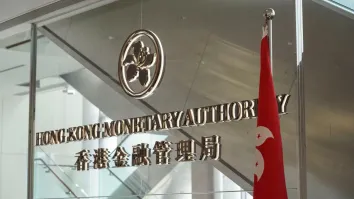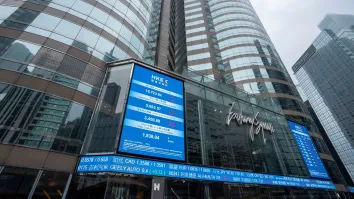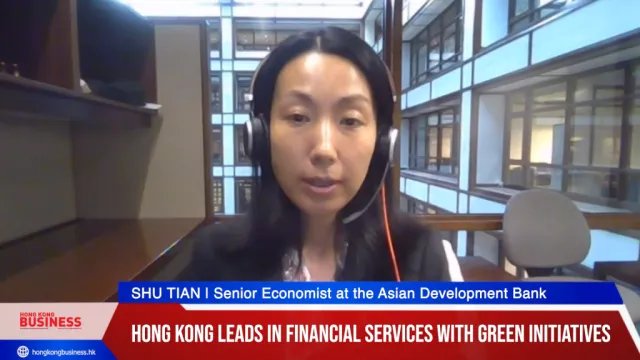
Inflation eases to 1.9% in April
This was partly attributed to a smaller climb in private house rents.
Overall consumer prices eased to 1.9% YoY in April, from 2.3% recorded in March, according to data from the Census and Statistics Department (C&SD).
Netting out the effects of the government's one-off relief measures, the underlying inflation rate was 2.3% YoY, compared to 2.6% in March, mainly due to smaller climb in private housing rentals and fall in the fuel cost variation charge for towngas.
Growth in prices were recorded for food (14%), miscellaneous goods (2.9%), housing (1.8%), meals bought away from home (1.6%), miscellaneous services (0.9%), alcoholic drinks and tobacco (0.7%) as well as transport (0.1%).
On the other hand, prices fell for electricity, gas and water (18.8%), clothing and footwear (4.4%) as well as durable goods (3.1%).
On a seasonally-adjusted basis, the average monthly inflation for the three-month period ending April climbed to 0.6%, from a flat rate during the three-month period ending March. Outside the effects of all the government's one-off relief measures, prices contracted 0.1% and expanded 0.1% respectively. For the first four months of 2020, consumer prices rose 1.9% YoY.
A government spokesperson said that inflationary pressure is expected to ease further in the near term, as domestic cost pressures could continue to abate amidst the economic recession.



















 Advertise
Advertise






